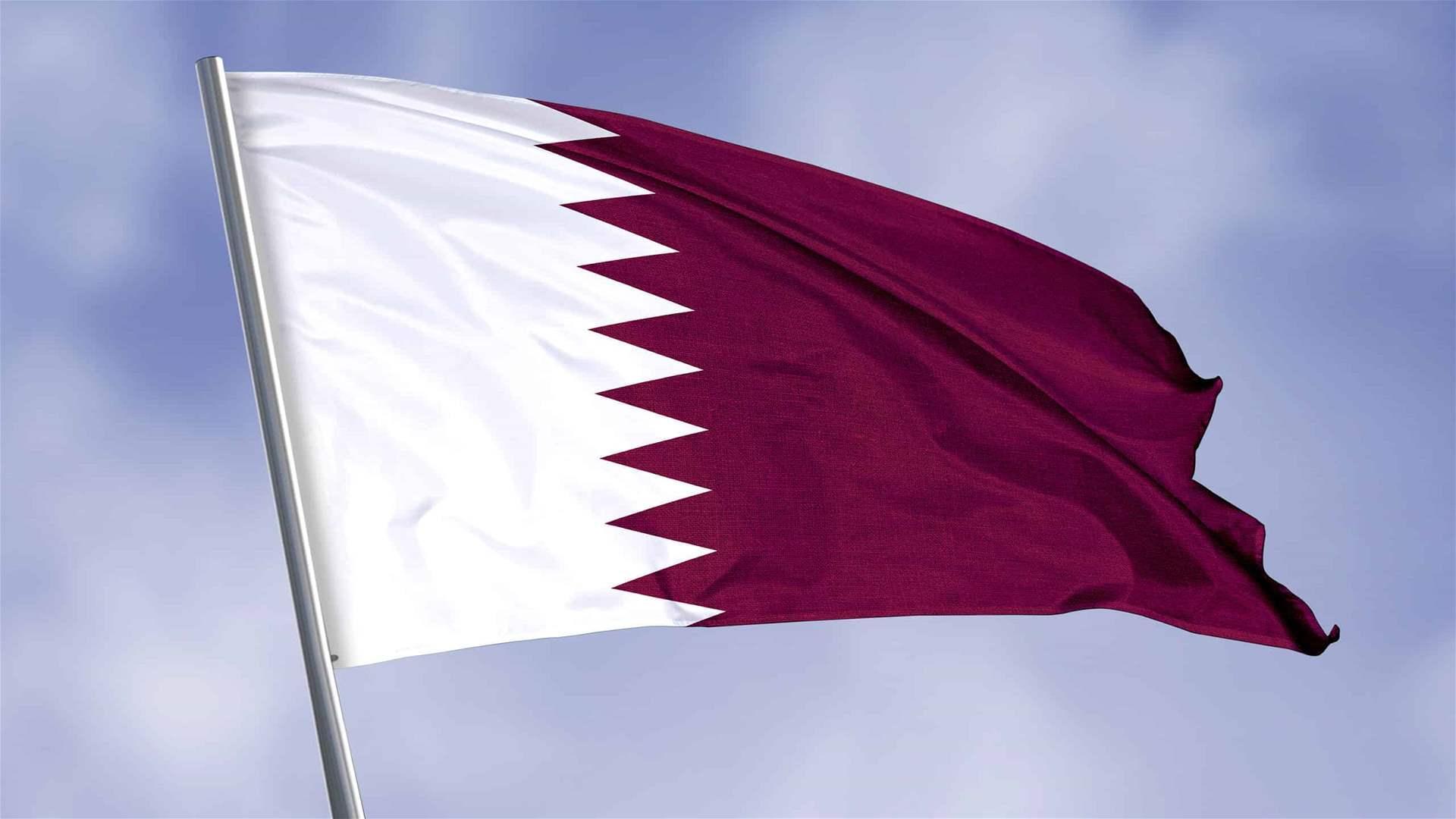
Qatar’s Role in Lebanon’s Presidential Election: A New Chapter Unfolds
today qatari envoy abou fahd jassem al thani arrives, presidential front lebanese parliament speaker nabih berri made, distinctly qatari following last weeks french involvement, free patriotic movement mp gebran bassil
Content
Today, Qatari envoy, Abou Fahd Jassem Al Thani, arrives in Beirut to begin his activities in a week that will be distinctly Qatari, following last week’s French involvement.
The Qatari envoy’s mission is to push the presidential election file towards a solution after the failure of the French presidential envoy, Jean-Yves Le Drian, in this regard.
As the political scene looks forward to what the Qatari role might accomplish on the presidential front, Lebanese Parliament Speaker Nabih Berri made a statement on social media, remaining steadfast in his presidential dialogue initiative launched at the end of last August. He seems undeterred by the rejection, especially among Christian circles.
How did the atmosphere appear in the run-up to this current week? According to information made available to “Nidaa Al-Watan,” during the peak of his contacts, which included a meeting with Maronite Patriarch Bechara Al-Rahi, Le Drian leaned towards the “third candidate” option, which corresponds to the Lebanese Army Commander General Joseph Aoun.
During this discussion, Le Drian inquired about the circumstances that led to a constitutional amendment, as happened during President Émile Lahoud’s tenure, but failed in President Michel Sleiman’s election bid.
In a related context, sources said that Hezbollah now holds the “Plan B” for the presidency, which includes Joseph Aoun as the candidate, and Iran does not oppose the choice of the Army Commander.
The recent meeting between the head of the “Loyalty to the Resistance” bloc, Mohammed Raad, and the head of the “Marada Movement,” Sleiman Frangieh, came after Frangieh’s disappointment following reports of Raad’s meeting with General Aoun.
Consequently, Raad reassured Frangieh that he remains the “party’s presidential candidate,” adding, “But things are still complicated.”
According to the information, the “surprise” that accompanied the Qatari role supporting the Army Commander was the stance of Berri, who became more adamant in his support for Frangieh’s candidacy.
He urged Hezbollah to “expedite dialogue with the head of the Free Patriotic Movement, MP Gebran Bassil, and to respond to his demands for cutting the path for Joseph Aoun.”
On the other hand, Hezbollah appeared cautious about what its ally in the Shiite duo requested, as Bassil’s demands, such as financial decentralization and the credit fund, are related to sectarian matters like Taif Agreement principles.
A well-informed source revealed two key factors that make the completion of the presidential election not too distant. These factors are: “the dramatic conclusion of the French initiative and information received from multiple Lebanese sources about Qatar’s role, authorized by the Arab and international quintet, in the Lebanese presidential file.”
How is President Berri dealing with these developments? He confirmed to Al-Manar, a television channel affiliated with Hezbollah, that he continues to strive “to make the dialogue a success because it is the necessary approach to address the presidential deadlock.” He stated that his dialogue initiative is “the only one on the table, and there is no alternative.” He added that the French envoy “adopted and supported the initiative.”
As for whether he invites everyone to the dialogue, he replied, “From my side, I will extend the invitation to dialogue according to the principles, and I hope that all parties and blocs will act with national responsibility and fear God.”
He clarified that Le Drian informed him that he would return soon to sponsor a meeting at the Pine Palace in light of the answers he received to the questions he posed.
Regarding the confirmation from some MPs who met the French envoy that the equation after Le Drian’s visit is either Sleiman Frangieh or Jihad Azour, he responded, “We are not concerned with what some are proposing.”
Moving from the presidential file to the issue of Syrian refugees, which has witnessed unprecedented developments, last Friday, the Cyprus News Agency reported that Interior Minister Konstantinos Ivanou, after a meeting with a delegation from the Democratic Party led by Nicolas Papadopoulos to brief him on the situation regarding the immigration issue, said, “Cyprus believes that it is necessary to reassess the situation in Syria so that it can repatriate and relocate migrants there.”
Ivanou also mentioned that he sent a message to the Vice President of the European Commission, Margrethe Vestager, in which he emphasized the “necessity of supporting Lebanon, where the current number of Syrian residents is estimated at 2.5 million Syrians.” He stated, “If Lebanon collapses, all of Europe will face a problem.”
In response to questions from journalists, the Minister of Interior stated, “The situation in Syria has remained the same for nearly 11 years.” He pointed out that Cyprus and other EU member states “share the same opinion that it is necessary to reassess the situation in Syria.”
Ivanou also announced that there are already two regions classified as safe by the European Union’s refugee agency, “so recognition at the EU level is required in order to repatriate or relocate individuals to Syria.”
Responding to a question, Ivanou said, “Cyprus has already improved its relations with Lebanon, and both countries exchange information regarding immigration flows.”
Source » lbcgroup.tv





